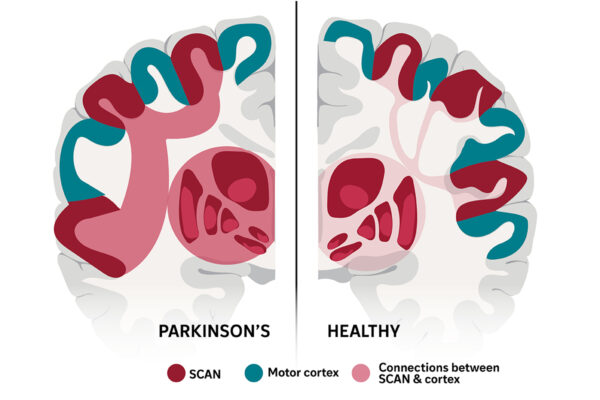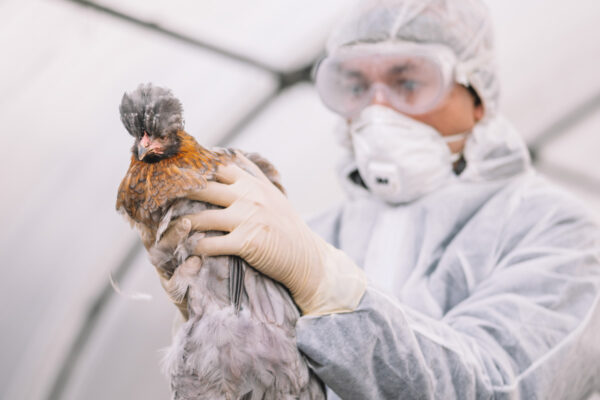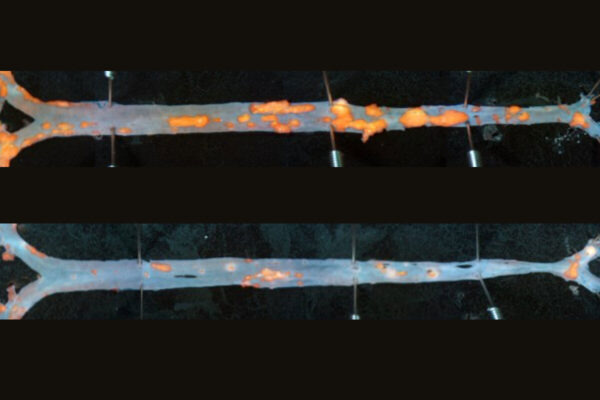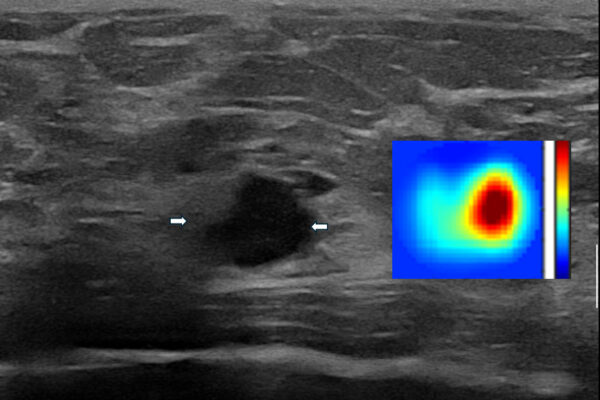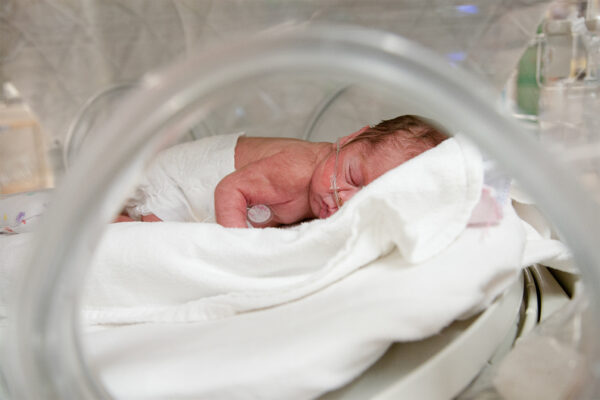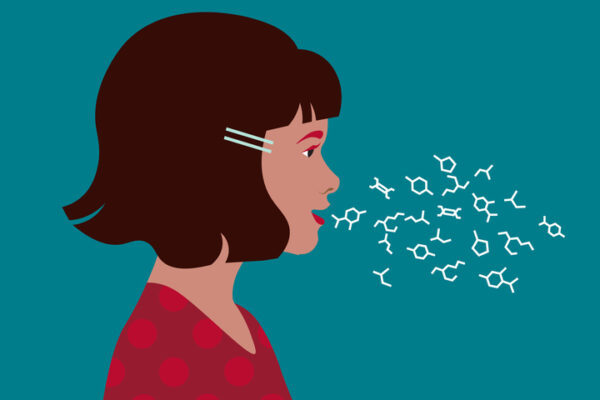Specific brain signals rapidly eliminate body fat in mice
A study by researchers at WashU Medicine reveals how the body reprograms stable fat cells to eliminate stubborn fat reserves.
Brain network responsible for Parkinson’s disease identified
A brain network first identified by WashU Medicine researchers, called SCAN, is shown in a new study to be the neurological basis for Parkinson’s disease. Patients receiving treatments targeted to this brain region, rather than to surrounding areas, experienced greater improvements in symptoms.
MIND program accepting proposals
The program in Microbial, Immunologic and Neurologic Disorders is accepting joint proposals from researchers at WashU Medicine and the Weizmann Institute of Science to execute collaborative research projects. Submissions are due March 31.
Nasal vaccine combats bird flu infection in rodents
Researchers at WashU Medicine have developed a nasal vaccine against the highly pathogenic H5N1 avian influenza virus, or bird flu, which has jumped from wild birds to farm animals to humans. In rodents, the vaccine elicited a strong immune response and prevented infections in H5N1-exposed animals.
Immunotherapy reduces plaque in arteries of mice
An antibody-based immunotherapy reduces plaque in the arteries of mice, offering a potential new strategy to treat cardiovascular disease, according to a study led by WashU Medicine researchers.
Imaging technique can reduce benign breast biopsies by 25%
Ultrasound-guided diffuse optical tomography reduces breast biopsies by 25% in a new study from researchers at Washington University in St. Louis.
Tapping the engines of cellular electrochemistry and forces of evolution
Biomedical engineers at Washington University in St. Louis have outlined how properties of biological condensates may serve as engines to power electrochemical reactions at a microscale.
Breathing disruptions during sleep widespread in newborns with severe spina bifida
A multi-center study led by researchers at WashU Medicine and Michigan Medicine found that breathing problems during sleep are widespread among newborns with a severe form of spina bifida and could be a promising target for early interventions to improve the babies’ neurodevelopment.
Breath carries clues to gut microbiome health
Researchers at WashU Medicine and Children’s Hospital of Philadelphia have shown that disease-associated bacteria in the gut can be detected through exhaled breath. The findings could pave the way for a rapid, non-invasive breath test to assess gut microbiome health.
WashU named Focused Ultrasound Center of Excellence
Washington University in St. Louis has been recognized as a Focused Ultrasound Center of Excellence by the Focused Ultrasound Foundation.
Older Stories

